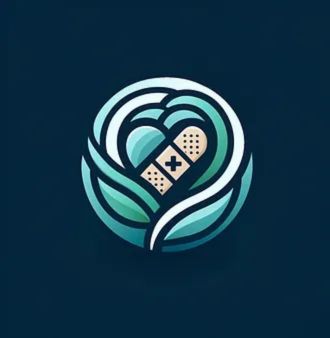Living with chronic wounds can have a significant impact on an individual’s mental health and overall well-being. The constant pain, discomfort, and frustration associated with chronic wounds can lead to a range of psychological effects, including depression, anxiety, and social isolation. In this article, we will explore the psychological effects of living with chronic wounds and the potential benefits of Using Collagen to Heal Wounds.
Chronic wounds, such as pressure ulcers, diabetic ulcers, and venous ulcers, are slow-healing wounds that often require long-term management and care. For individuals living with chronic wounds, the physical symptoms are just one part of the equation. The emotional toll of dealing with these wounds can be equally challenging.
One of the most common psychological effects of living with chronic wounds is depression. The constant pain and discomfort can wear down a person’s mental resilience, leading to feelings of hopelessness, helplessness, and sadness. Depression can also be triggered by the social isolation that often accompanies chronic wounds. Individuals may feel ashamed or embarrassed about their wounds, leading them to withdraw from social interactions and become increasingly isolated.
In addition to depression, anxiety is another common psychological effect of living with chronic wounds. The uncertainty of when or if a wound will heal, the fear of infection, and the stress of constant wound care can all contribute to feelings of anxiety and worry. Anxiety can manifest in physical symptoms such as restlessness, muscle tension, and difficulty sleeping.
The psychological effects of living with chronic wounds can also impact a person’s quality of life and overall well-being. Studies have shown that individuals with chronic wounds are more likely to experience reduced mobility, limitations in daily activities, and decreased social engagement. These factors can further exacerbate feelings of depression and anxiety, creating a cycle of negative emotions and physical symptoms.
One potential solution for healing chronic wounds and alleviating some of the psychological effects associated with them is the use of collagen. Collagen is a protein that plays a crucial role in wound healing by promoting new tissue growth and improving skin elasticity. Collagen dressings have been shown to be effective in promoting wound closure and reducing the risk of infection in individuals with chronic wounds.
In conclusion, living with chronic wounds can take a toll on a person’s mental health and overall well-being. Depression, anxiety, and social isolation are common psychological effects of chronic wounds that can impact a person’s quality of life. Using collagen to heal wounds may offer a promising solution for improving wound healing and alleviating some of the psychological effects associated with chronic wounds. By addressing both the physical and emotional aspects of chronic wounds, individuals can work towards healing not just their wounds, but also their minds.
For more information on Using Collagen to Heal Wounds contact us anytime:
Or Woundcare
https://www.outreachwoundcare.com/
(240) 240-9680
Washington D.C., United States
Discover the future of wound care with Outreach Wound Care. Stay tuned for the latest advancements in treatment options, education, and resources to help improve patient outcomes.


